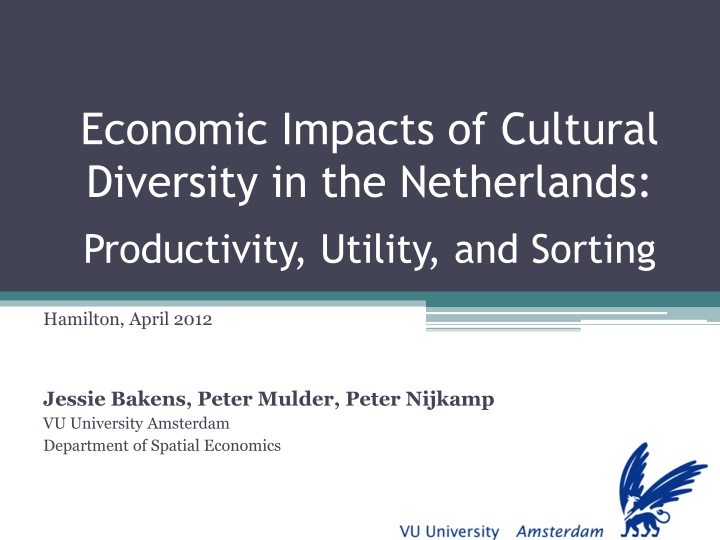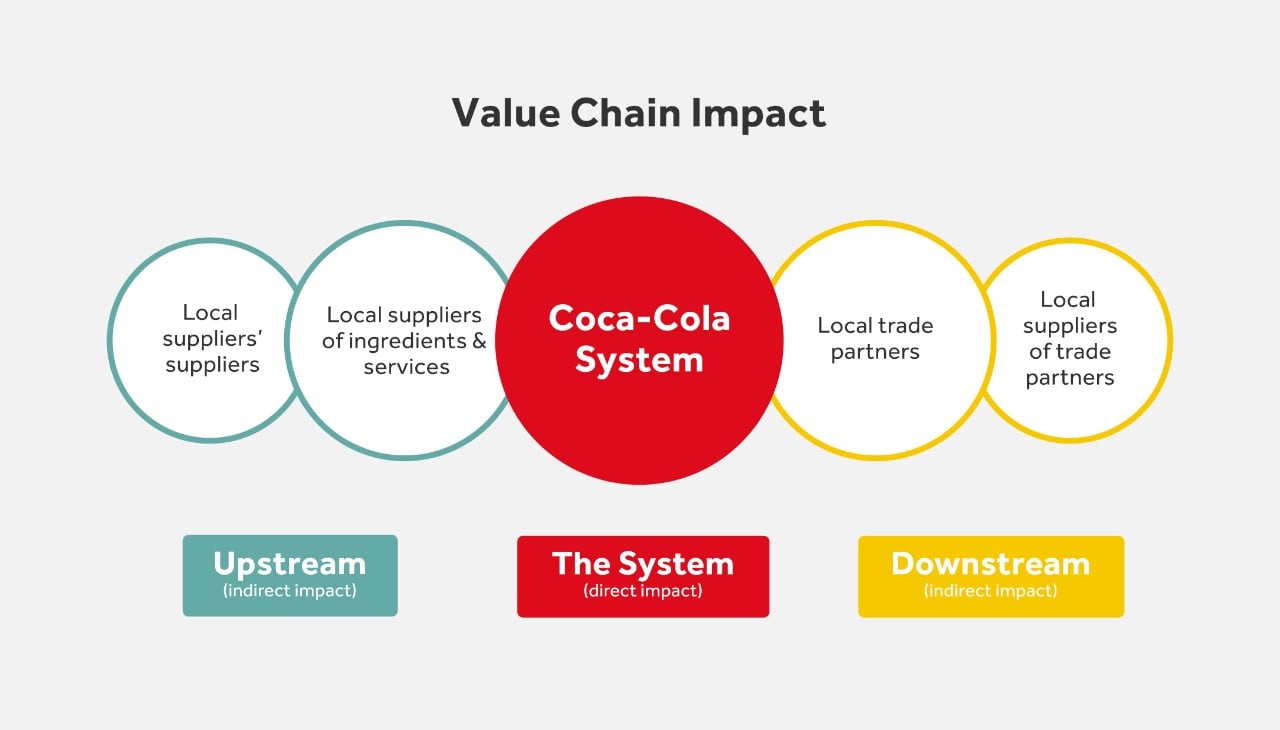“The Enduring Impact of Football on Dutch Society: A Cultural and Socio-Economic Analysis
Related Articles The Enduring Impact of Football on Dutch Society: A Cultural and Socio-Economic Analysis
The Enduring Impact of Football on Dutch Society: A Cultural and Socio-Economic Analysis

Football, or voetbal as it is affectionately known in the Netherlands, is more than just a game; it is a cultural touchstone, a social glue, and a significant economic driver that has deeply interwoven itself into the fabric of Dutch society. From the amateur pitches echoing with youthful exuberance to the roar of the Johan Cruijff Arena, football permeates Dutch life, shaping identities, fostering community, and contributing significantly to the nation’s economy.
A Historical Tapestry: From Amateur Roots to Global Glory
The history of football in the Netherlands dates back to the late 19th century, with the establishment of the first football clubs inspired by the British game. The sport quickly gained popularity, spreading from the urban centers to rural communities, becoming a pastime enjoyed by people from all walks of life. The establishment of the Royal Dutch Football Association (KNVB) in 1889 marked a turning point, providing structure and regulation to the burgeoning sport.
The early 20th century saw the rise of amateur football, with local clubs forming the backbone of the Dutch footballing landscape. These clubs were not just about the game; they were social hubs, bringing communities together and fostering a sense of belonging. The interwar period witnessed the growing professionalism of the sport, with players increasingly being compensated for their skills.
The post-World War II era marked a golden age for Dutch football. The rise of "Total Football" in the 1970s, pioneered by Ajax Amsterdam and the national team under the guidance of Rinus Michels and Johan Cruijff, revolutionized the game. This innovative style of play, characterized by fluid movement, positional interchange, and relentless pressing, captured the imagination of the world and cemented the Netherlands’ place on the global footballing stage. The national team, Oranje, reached the World Cup final in 1974 and 1978, captivating the nation with their dazzling displays of skill and tactical brilliance. Although victory eluded them on both occasions, these tournaments solidified football’s place as a source of national pride and unity.
The success of Dutch clubs in European competitions further fueled the nation’s passion for the game. Ajax Amsterdam won three consecutive European Cups (now the Champions League) from 1971 to 1973, while Feyenoord Rotterdam claimed the title in 1970. These triumphs showcased the talent and tactical prowess of Dutch football, inspiring generations of players and fans.
Football as a Social Glue: Community, Identity, and Integration
Football in the Netherlands serves as a powerful social glue, bringing people together across social, economic, and ethnic divides. Local football clubs are often at the heart of their communities, providing a space for people to connect, socialize, and build relationships. These clubs organize not only matches but also social events, fostering a sense of belonging and shared identity.
The national team, Oranje, plays a particularly important role in unifying the nation. During major tournaments, the country is awash in orange, as people from all backgrounds come together to support their team. The shared experience of watching Oranje compete on the world stage transcends social divisions, fostering a sense of national pride and unity. Victories are celebrated collectively, while defeats are mourned together, reinforcing the shared identity and emotional connection that the Dutch have with their national team.
Football also plays a role in promoting social integration. Many football clubs actively work to include people from diverse backgrounds, providing opportunities for them to participate in the sport and integrate into Dutch society. Football can be a powerful tool for breaking down barriers and fostering understanding between different communities.
The Economic Kick: Football’s Contribution to the Dutch Economy
The impact of football on Dutch society extends beyond the social and cultural spheres. The sport is also a significant economic driver, contributing billions of euros to the Dutch economy each year.
Professional football clubs generate revenue through ticket sales, broadcasting rights, sponsorships, and merchandise. These revenues support not only the clubs themselves but also a wide range of related industries, including hospitality, tourism, and media. The Johan Cruijff Arena, for example, is not only a football stadium but also a venue for concerts and other events, generating significant economic activity for the city of Amsterdam.
The Dutch football industry also employs a large number of people, from players and coaches to stadium staff and administrators. The KNVB, the governing body for football in the Netherlands, is a major employer, as are the professional clubs and their associated businesses.
Furthermore, football contributes to the Dutch economy through its positive impact on tourism. Major football matches attract visitors from all over the world, who spend money on accommodation, food, and other goods and services. The Netherlands has also successfully hosted major international football tournaments, such as the UEFA European Championship, which have generated significant economic benefits for the country.
The development of young football talent in the Netherlands is another important economic factor. Dutch football academies are renowned for producing world-class players, who often go on to play for top clubs in Europe and beyond. The transfer fees generated by these players contribute significantly to the Dutch football economy.
Challenges and Opportunities: Navigating the Future of Dutch Football
Despite its enduring popularity and positive impact, Dutch football faces a number of challenges. One of the main challenges is the increasing financial disparity between the top clubs in Europe and the Dutch clubs. The top European clubs have significantly greater financial resources, allowing them to attract the best players and dominate European competitions. This makes it difficult for Dutch clubs to compete at the highest level and retain their best players.
Another challenge is the rise of hooliganism and violence associated with some football matches. While the vast majority of football fans are well-behaved, a small minority engage in disruptive and violent behavior, which can damage the reputation of the sport and create a negative atmosphere at matches. The KNVB and the Dutch authorities are working to combat hooliganism and ensure that football matches are safe and enjoyable for everyone.
Despite these challenges, Dutch football also has a number of opportunities. The Netherlands has a strong tradition of developing young talent, and there is a continued focus on improving youth academies and coaching methods. The KNVB is also working to promote women’s football, which is growing rapidly in popularity. The success of the Dutch women’s national team, which won the UEFA Women’s European Championship in 2017, has inspired a new generation of female players and fans.
Furthermore, the Netherlands has a strong infrastructure for hosting major football events. The country has successfully hosted the UEFA European Championship and the FIFA World Cup, and it is well-positioned to host future international tournaments. Hosting major events can bring significant economic and social benefits to the Netherlands.
Conclusion: A Legacy of Passion and Progress
Football in the Netherlands is more than just a game; it is a cultural phenomenon that has shaped the nation’s identity, fostered community, and contributed significantly to the economy. From the amateur pitches to the professional stadiums, football permeates Dutch life, bringing people together and providing a source of national pride.
While Dutch football faces challenges, such as the increasing financial disparity between clubs and the problem of hooliganism, it also has opportunities to build on its strengths and continue to thrive. By investing in youth development, promoting women’s football, and combating hooliganism, the Netherlands can ensure that football continues to play a positive role in Dutch society for generations to come. The legacy of "Total Football" and the passion of the Oranje supporters will continue to inspire and unite the nation, solidifying football’s place as an integral part of the Dutch cultural landscape. The beautiful game, in its Dutch incarnation, is a testament to the power of sport to shape societies and connect people in profound and lasting ways.

